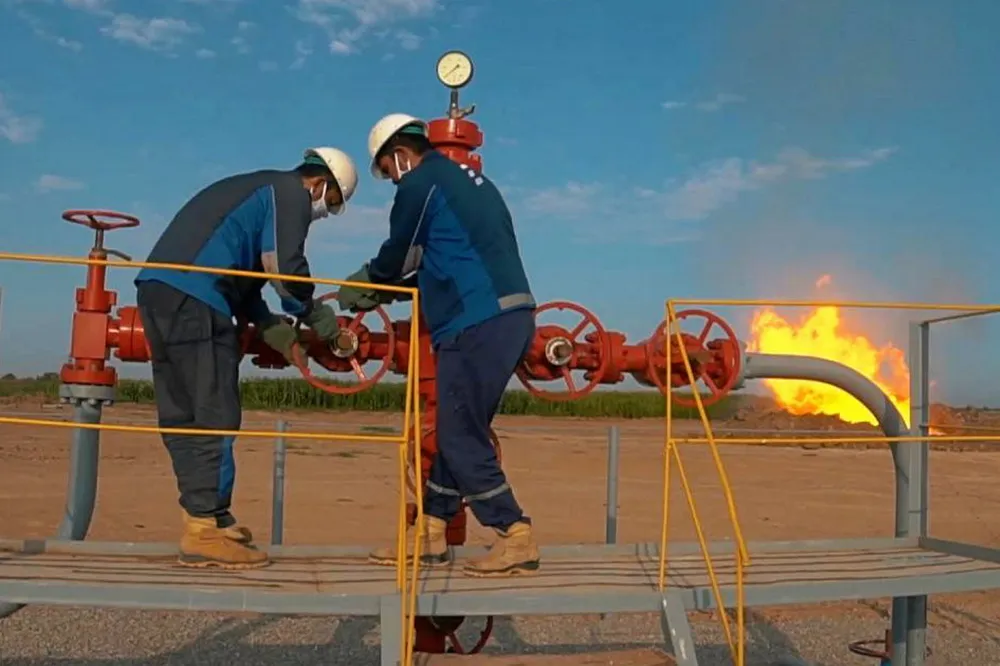Epsilon sees expansion in Uzbekistan despite challenges
US-based company aims to share risks with a compatriot investor to create a private vertically integrated venture in the country's unpredictable operating environment

US-based company aims to share risks with a compatriot investor to create a private vertically integrated venture in the country's unpredictable operating environment
